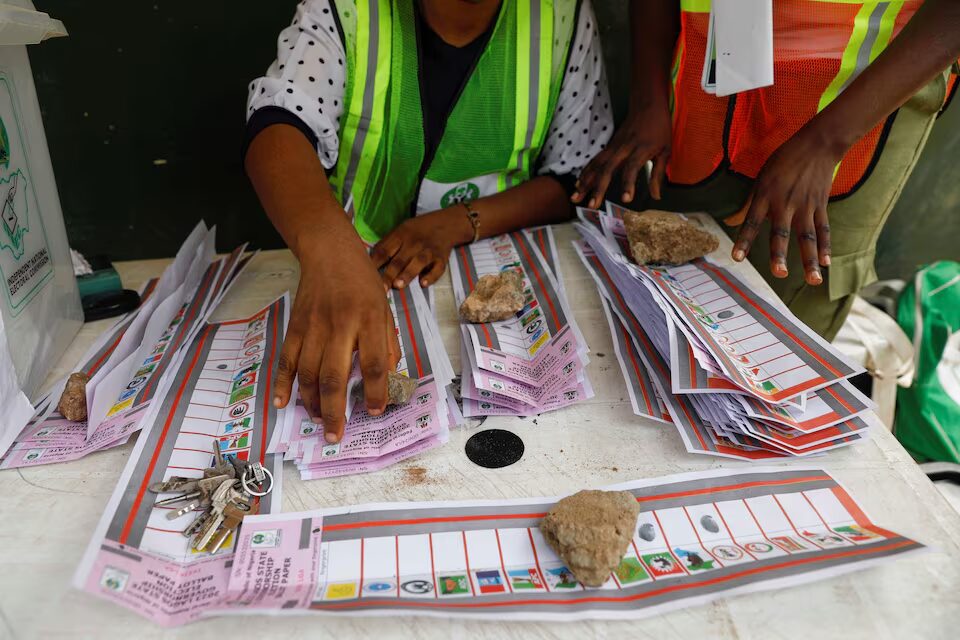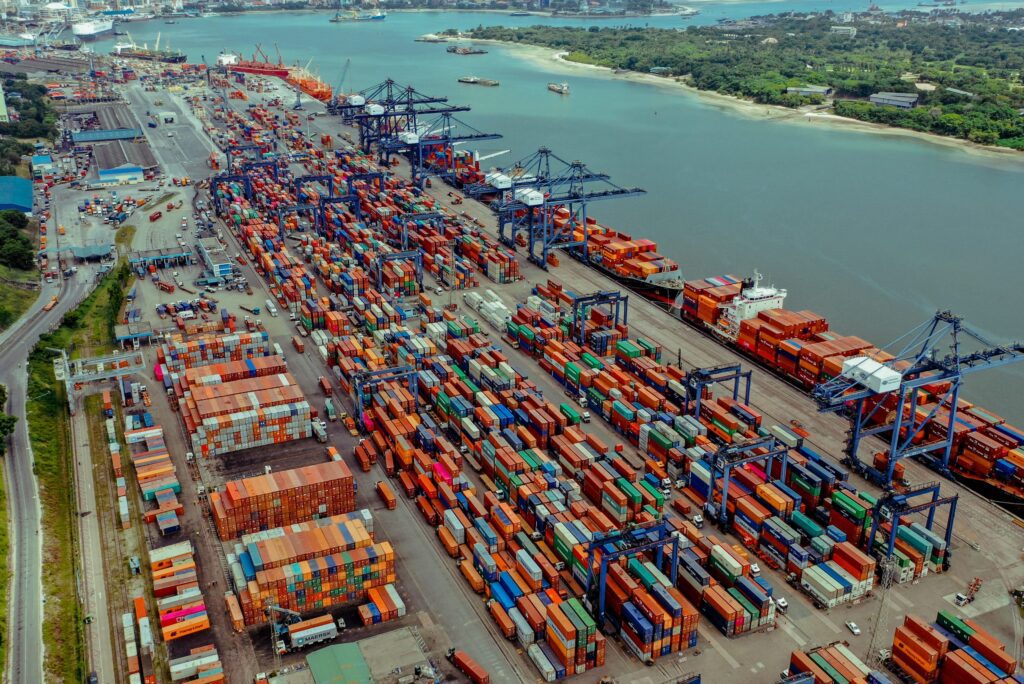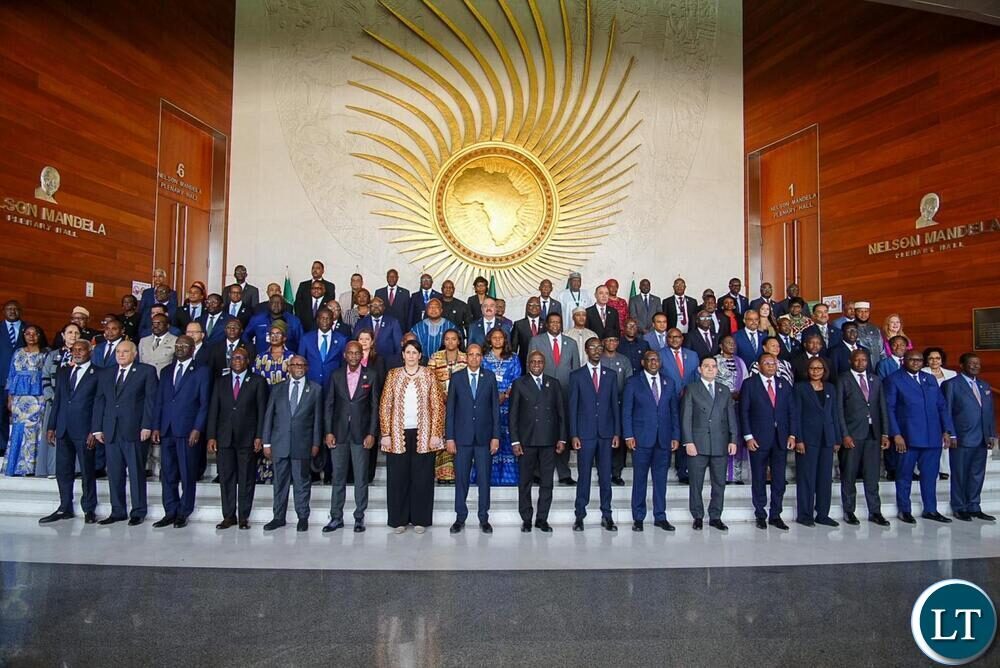
Monday 24th November 2025

by inAfrika Newsroom
Tanzania says it will finally break ground on the Bagamoyo port project in December, ending a decade of delays over contract terms. A senior government official confirmed that construction at the coastal site, 75 km north of Dar es Salaam, will begin next month under a revised framework.
The Bagamoyo port project forms part of a larger special economic zone that includes industrial parks, logistics centres and new road and rail links into the interior. Authorities previously halted the scheme, citing concerns over land, revenue sharing and sovereign control in the original deal with foreign developers. The government now argues that renegotiated terms give Tanzania more flexibility on tariffs, timelines and future expansion.
Officials say the deep-water facility will ease pressure on Dar es Salaam Port, which has struggled with congestion and limited space. The new harbour is designed to receive larger vessels, handle higher container volumes and connect seamlessly to regional corridors serving Zambia, the Democratic Republic of Congo, Rwanda, Burundi and Malawi. Investors from Asia, the Gulf and Europe have signalled interest in logistics and light manufacturing plots once the first phase is operational.
The Bagamoyo port project will roll out in phases, starting with a container terminal, break-bulk facilities and backbone infrastructure for the special economic zone. Officials say early works will focus on land preparation, access roads and basic utilities, while the government finalises equity and debt packages with strategic partners.
Regional port competition is intense. Kenya has upgraded Mombasa and Lamu, Mozambique is pushing Nacala, while Namibia and South Africa court transhipment traffic. Tanzanian planners insist that Bagamoyo will complement, not replace, Dar es Salaam and Tanga, by capturing mega-ship traffic and high-value processing industries that need large-scale plots next to deep water.
Why it matters for Africa
The Bagamoyo port project matters for Africa because it sits at the heart of east–central trade routes. A functioning deep-water hub with rail and road links can cut transit times for land-linked neighbours and reduce logistics costs for fuel, fertiliser and manufactured goods. That supports regional value chains instead of pure raw exports. If the project stays transparent and on budget, it could model how African states renegotiate large infrastructure deals without abandoning them. However, cost overruns, opaque contracts or local displacement could trigger backlash and slow similar projects elsewhere on the continent.


